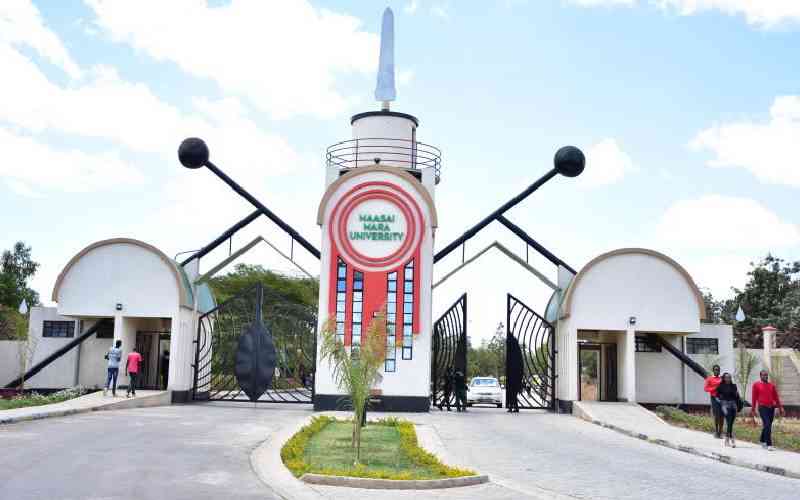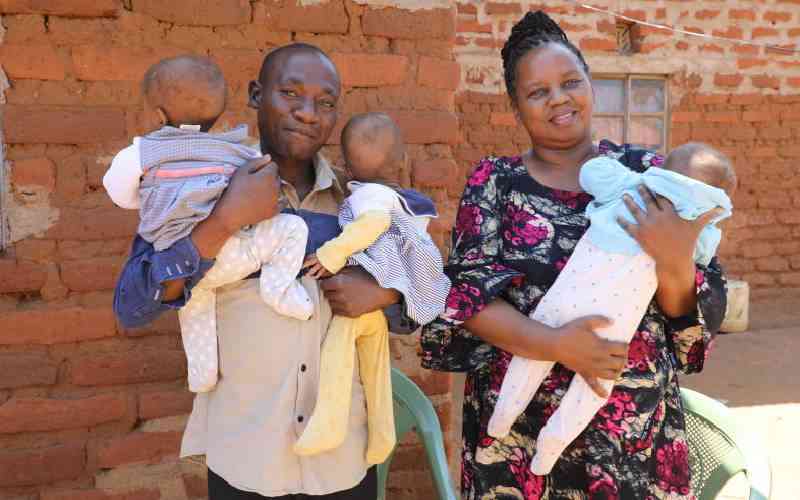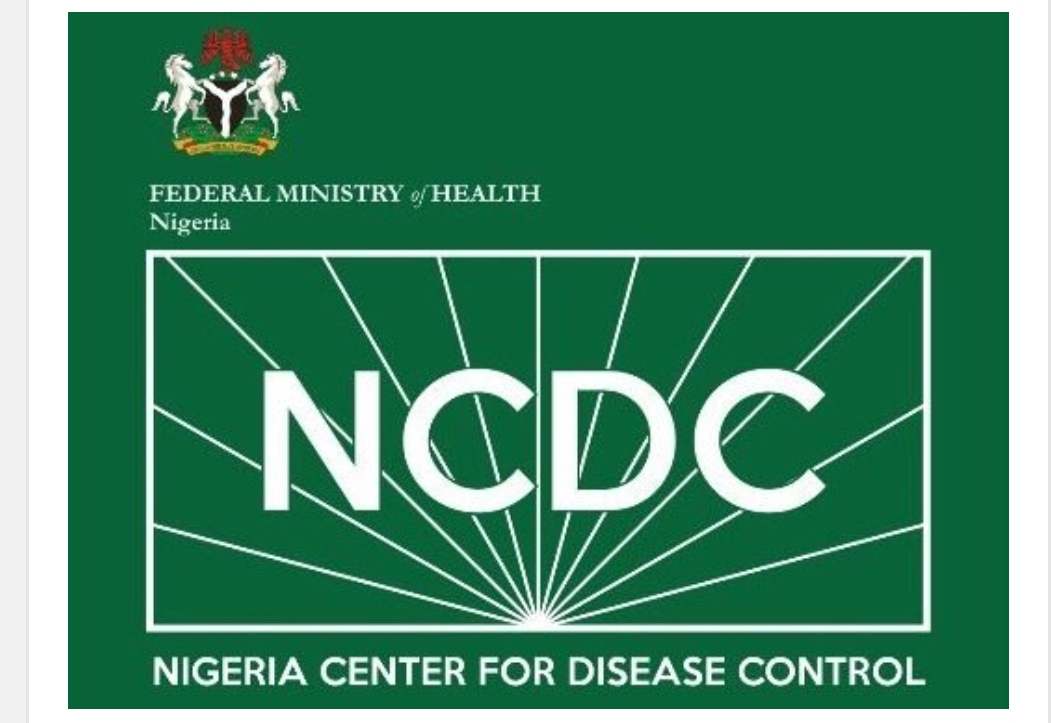What Nigeria is doing to end Tuberculosis - Oluremi Tinubu | Premium Times Nigeria
Nigeria’s First Lady, Oluremi Tinubu, has said the federal government is expanding treatment centres for tuberculosis (TB) across Nigeria as part of efforts to eliminate the infectious disease.
Mrs Tinubu, while speaking at a community outreach in Sauka, Abuja, on Monday to commemorate the 2025 World TB Day, noted that the government is also strengthening community-based healthcare systems to reach the most vulnerable populations.
She said expanding TB testing and treatment centres nationwide will ensure that TB treatment remains free and accessible to all.
She added that the government is also enhancing funding and partnerships to scale up TB control programmes amid dwindling donor funding.
She said beyond being a disease, TB is a national emergency that needs to be addressed urgently because it is preventable and curable.
“The statistics from the World Health Organisation’s 2024 Global TB Report are alarming. In Nigeria, one person dies of TB every seven minutes,” she said.
“This means that in the short time we will spend at this event, many more lives will be lost if we do not act swiftly and decisively.”
She lamented that despite TB being preventable and curable, Nigeria remains one of the top eight countries with the highest burden of TB worldwide.
“It is unacceptable that so many of our brothers and sisters still suffer from this disease in silence due to stigma, lack of awareness, and ignorance of not visiting a healthcare facility on time,” she said.
World TB Day is commemorated on 24 March annually to raise awareness of TB and to mobilise efforts, including political commitment to resources and healthcare financing towards TB elimination.
This year’s theme is “Yes! We can end TB: Commit, invest, and deliver.”
TB, an airborne disease caused by a bacterium (mycobacterium tuberculosis), mostly affects the lungs. It is the second deadliest infectious killer disease (after COVID-19) and among the top 10 causes of death worldwide.
Globally, and according to the 2024 WHO global TB report, an estimated 10.8 million people developed TB in 2023, with 1.6 million people losing their lives and 12 per cent of the global burden affecting the most vulnerable – the children and young adolescents.
TB remains a leading cause of death in Nigeria, with the country ranking sixth globally and first in Africa.
Mrs Tinubu stated that the federal government is committed to eradicating TB through strategic diagnostics, treatment, and prevention investments.

The First Lady called for collective commitment and increased funding to tackle TB in the country.
She urged traditional and religious leaders, legislators, the youth, healthcare workers, private sector organisations, non-governmental organisations, community-based organisations, and international partners to join the fight against TB.
As the Global and National Stop TB Champion, she reaffirmed her commitment to tackling TB by advocating for more funding, policy reforms, and resource mobilisation to support TB awareness and treatment.
She also pledged to amplify the voices of TB survivors, combat stigma and discrimination, and ensure equal access to TB care for women, children, and marginalised groups.
“I encourage every Nigerian to join in this fight. TB is curable, and early detection saves lives. Let us work together to remove the stigma surrounding TB, encourage testing, and support those affected,” she said.
“TB is airborne, and since it is contagious, I urge every one of us to get tested, know your TB status, and encourage your loved ones to do the same. If you have a persistent cough for more than two weeks, do not ignore it but rather seek medical help immediately.”
Speaking at the event, the Acting Board Chair of Stop TB Partnership Nigeria, Queen Ogbuji-Ladipo, noted that TB is a serious health issue, especially in remote communities, where many people may not have access to TB diagnosis and treatment.
Mrs Ogbuji-Ladipo said TB is preventable and curable, and treatment is free in government facilities.
“Today’s community outreach aims to bring TB information and services closer to the residents of Sauka community so that no one is left behind in the fight against TB,” she said.

“It will also provide platforms for them to learn about TB, ask questions, get tested, and help spread the message that TB can be defeated.”
She highlighted that the Stop TB partnership has made significant progress through strong advocacy and collaboration with various stakeholders.
At the event, the Minister of State for Health and Social Welfare, Iziaq Salako, emphasised that TB remains a major public health challenge in Nigeria.
Mr Salako said in 2023, an estimated 499,000 Nigerians developed TB, primarily affecting the productive age group (25–44 years), leading to economic hardships.
He said the situation is worsened by stigma, poverty, malnutrition, overcrowded living conditions, and limited access to quality healthcare.
He noted that despite challenges, Nigeria has made significant progress in TB eradication through WHO-recommended strategies.
The WHO Country Representative in Nigeria, Walter Mulombo, pledged the organisation’s commitment to accelerating the TB response, which was guided by its latest guidelines.
Mr Mulombo said “We will continue to work with our partners and step up action towards mobilising the needed domestic and international resources required for ending TB in Nigeria.”










